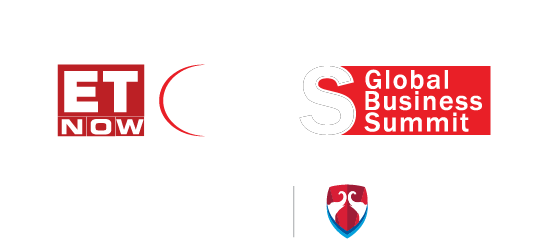Cecilia Oldne

Cecilia Oldne is a Swedish entrepreneur and investor who has been at the heart of India’s growth story since 2007 and is based in Mumbai. She is the Chief India Representative of the Sweden-India Business Council (SIBC). She also leads the Sweden India Tech Community, a 200-member network of Swedish and Indian entrepreneurs, investors, corporates, and policymakers. The Sweden-India Business Council is one of the world’s most active country-to-country business networks, fostering collaboration and innovation across industries.
From 2007 to 2017, Cecilia was VP & Head of Marketing at Sula Vineyards, playing a key role in shaping India’s wine industry. Today, Sula is India’s largest wine producer, commanding over 60% market share. With more than 350,000 visitors last year, it is also one of the world’s most visited wineries.
As Founding Partner at Visceral Capital, Cecilia backs India’s fast-evolving tech ecosystem—spanning spatial computing, immersive entertainment, game-fi, AI, and next-gen platforms—by providing capital, strategic guidance, and global market access.
She also serves as Chairwoman of WICCI’s EU-India Business Council, fostering cross-border collaborations in innovation, policy, technology, entrepreneurship, and women’s empowerment.
An active angel investor, her portfolio includes Nothing, Mainstreet Marketplace, Mingla, GetMega, All Star Games, Terra, Mythik, Liquidnitro Games, STAN, GoHibe, Felicity, Quidich Innovation Labs, SuperGaming, MirrAR, SpyBird, and Qila Games.
Cecilia is an alumna of the Indian School of Business (ISB), Hyderabad, Class of 2015, and continues to be a bridge between India, Sweden, and the world.
